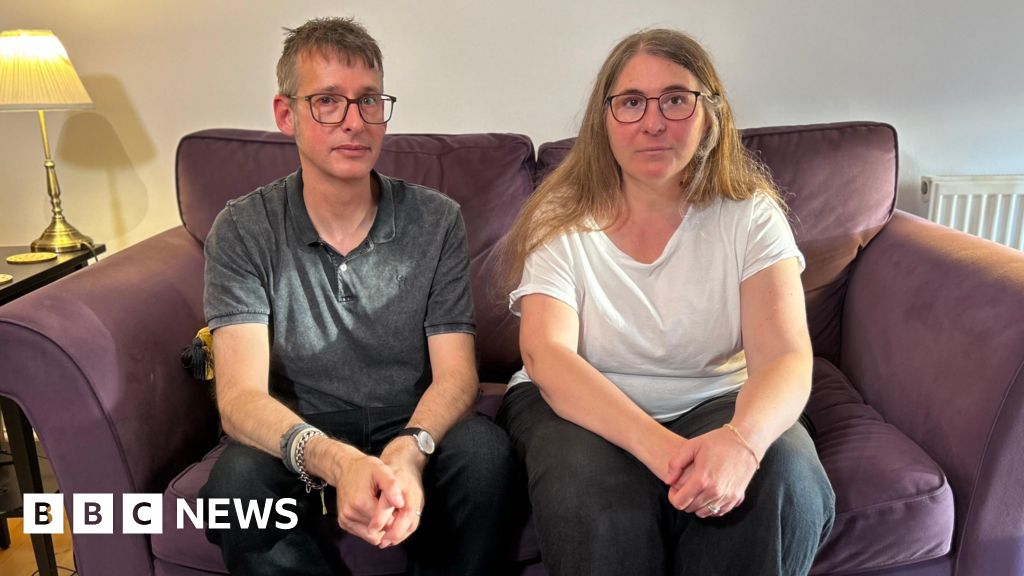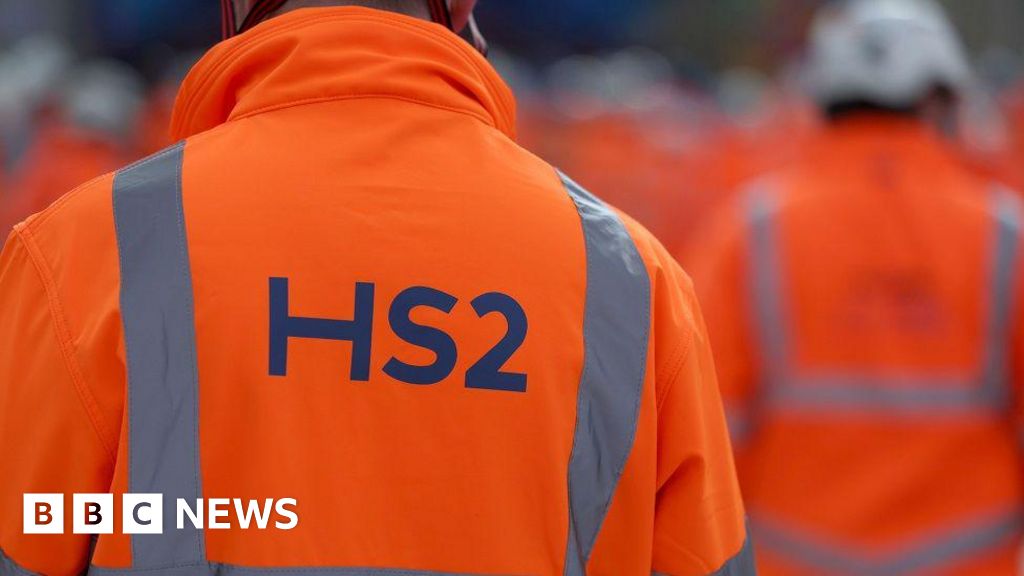ARTICLE AD BOX
 Image source, Getty Images
Image source, Getty Images
By Michael Race
Business reporter, BBC News
Bank chief executives have been summoned by the UK's financial watchdog to address concerns that savings rates are not rising as fast as mortgages.
Bosses at Lloyds, HSBC, NatWest and Barclays are to meet the Financial Conduct Authority (FCA) on Thursday.
Higher interest rates have seen banks raise mortgage costs but there are concerns that higher returns are not being past on as quickly to savers.
Chancellor Jeremy Hunt has said it is an "issue which needs solving".
The Financial Times, which first reported the meeting, said FCA officials would discuss with the banks the pricing of cash savings and how they communicate with their customers on rates.
"We do think there is more value that can be provided to consumers, we are not happy with some of the lower savings rates we see, and we want banks to be supporting customers... and people to be able to make informed choices," the newspaper quoted one person familiar with the FCA's position.
All four of the major banks have been contacted by the BBC for comment.
The UK's central bank, the Bank of England, has been steadily increasing interest rates since December 2021.
The Bank's base rate, which usually dictates the borrowing costs of lenders, is at 5%, meaning it costs more for people to borrow money, but they should get more for their savings.
Last week, figures released to the BBC by financial information firm Moneyfacts showed the gap between average mortgage and savings rates was wider than it was in December 2021, when the Bank of England first starting increasing interest rates in its battle to slow the speed of rising consumer prices.
Back then, the average two-year fixed mortgage rate was 2.38% and the average easy access savings rate - which is the most common savings account based on £10,000 of savings - was 0.19%, a gap of 2.19%.
On Monday, the average two-year mortgage deal hit 6.42% and the savings rate was 2.43%, a gap of 3.99%.
While the gap has widened since interest rates were first raised, it is smaller than in December 2022, when it was 4.24%.
Banks' profits are generally increased by interest rate rises, as it typically boosts net interest income: the amount of money banks can increase borrowing costs by, versus the amount they pay out in interest on deposits.
The FCA has said it would produce a report by the end of the month on how well the cash savings market is supporting savers.
The chancellor has said banks are "taking too long" to pass on increases in interest rates to savers and that he has raised it with bosses.
In February, the chief executives of four of the UK's biggest banks - NatWest, Lloyds, HSBC and Barclays - were questioned by MPs over the generosity of their savings rates.
The banks argued then that savers have access to a host of competitive deals, but the banks have faced further criticism with Lloyds' interest rates on savings described as "measly" in June.
UK Finance, the trade body for the banking sector, has previously said saving and mortgage rates "aren't directly linked and therefore move at different times and by different amounts".
"Savings rates are driven by a number of factors, not just the Bank of England's Bank Rate - one key factor is whether someone wants instant access or can deposit money for a longer period of time," the body has said.

 1 year ago
34
1 year ago
34








 English (US) ·
English (US) ·